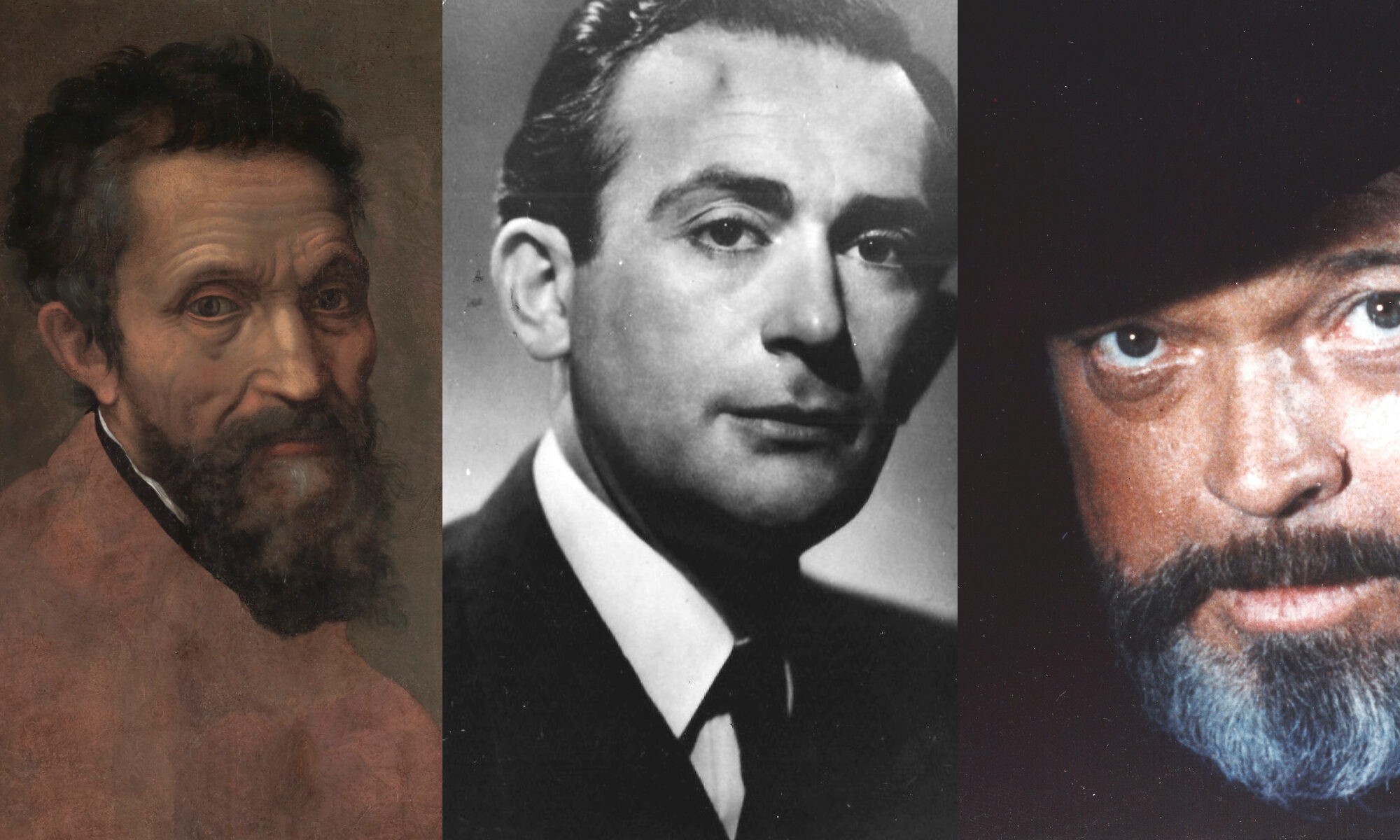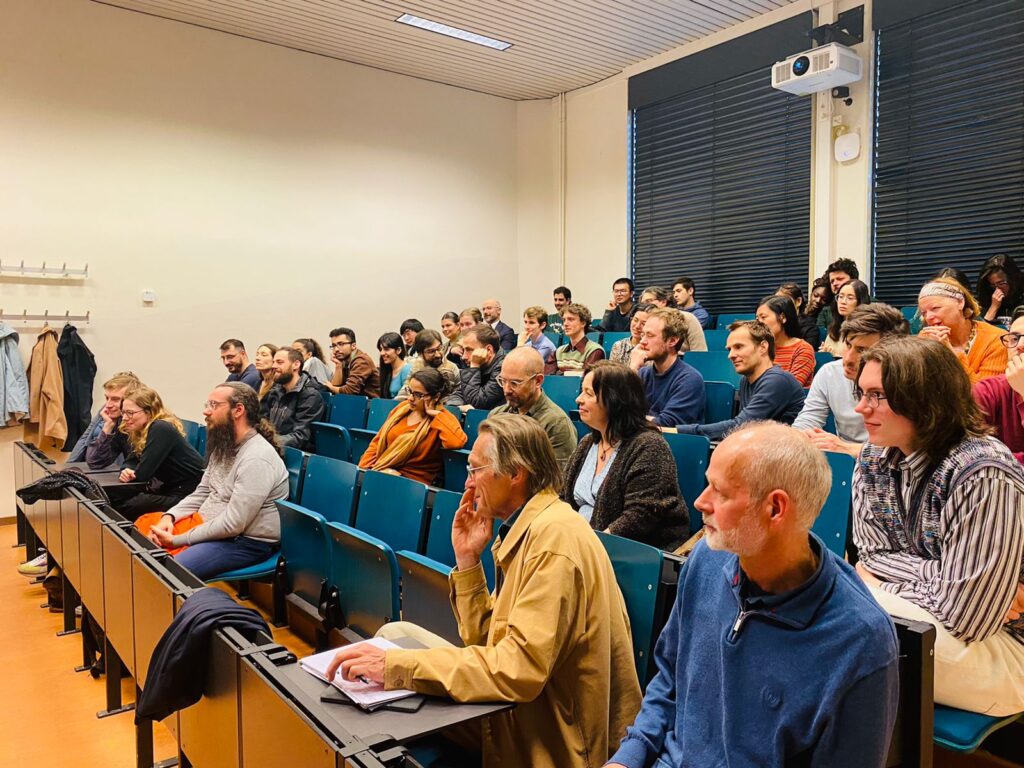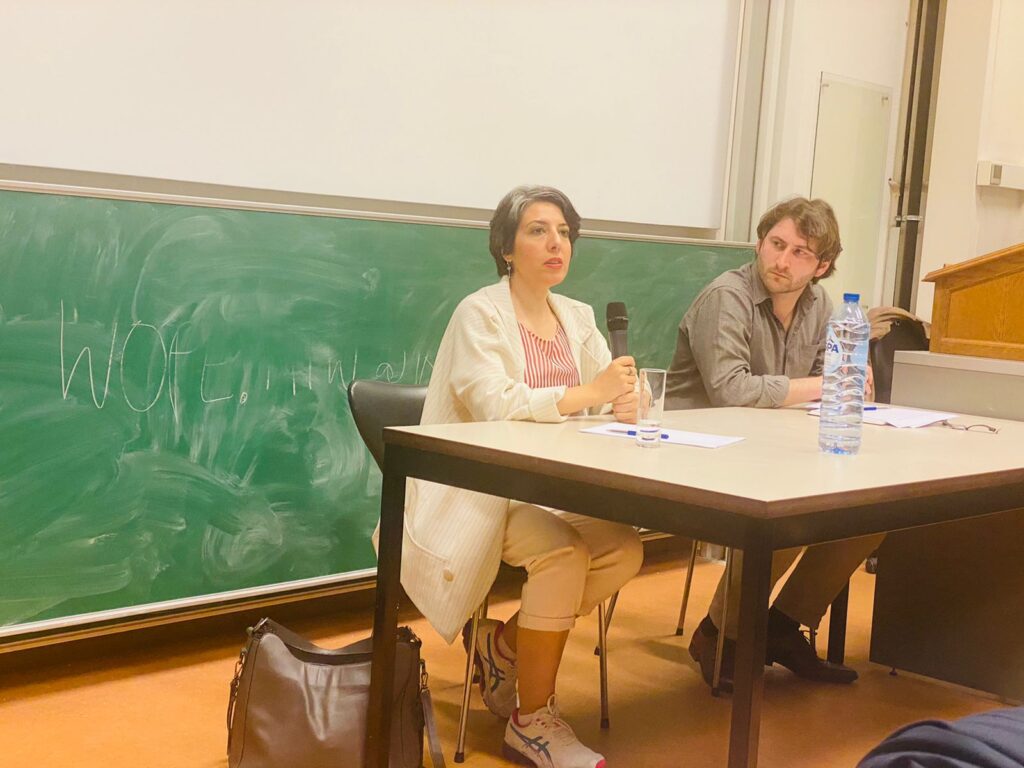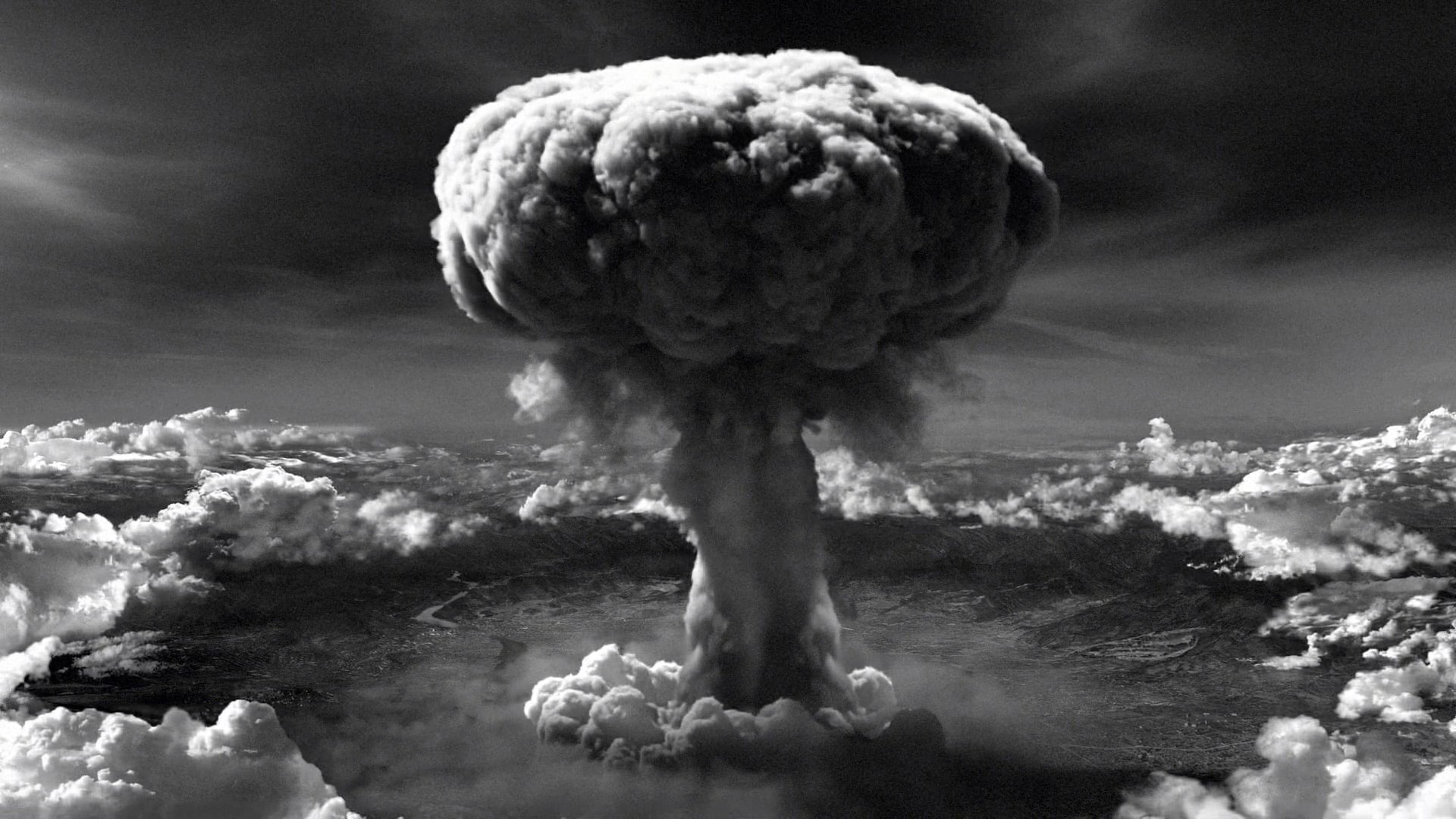Corry Shores
Who’s the Real Paul Masson? Personal Non-Identity in Deleuze’s Orson Welles (2021)
Elad Magomedov
Russo-Ukrainian War and Propaganda (2022)
Belief in Aliens as a Naturalistic Superstition (2022)
The Phantasm of American Greatness (2022)
Lies, Imposture, Stupidity (Review Essay) (2021)
Thierry Lenain
Negotiating Authenticity: The Case of “Jesse James’s” Revolver (2021)
Roland Breeur
The Last Judgement (2021)
Massimiliano Simons











